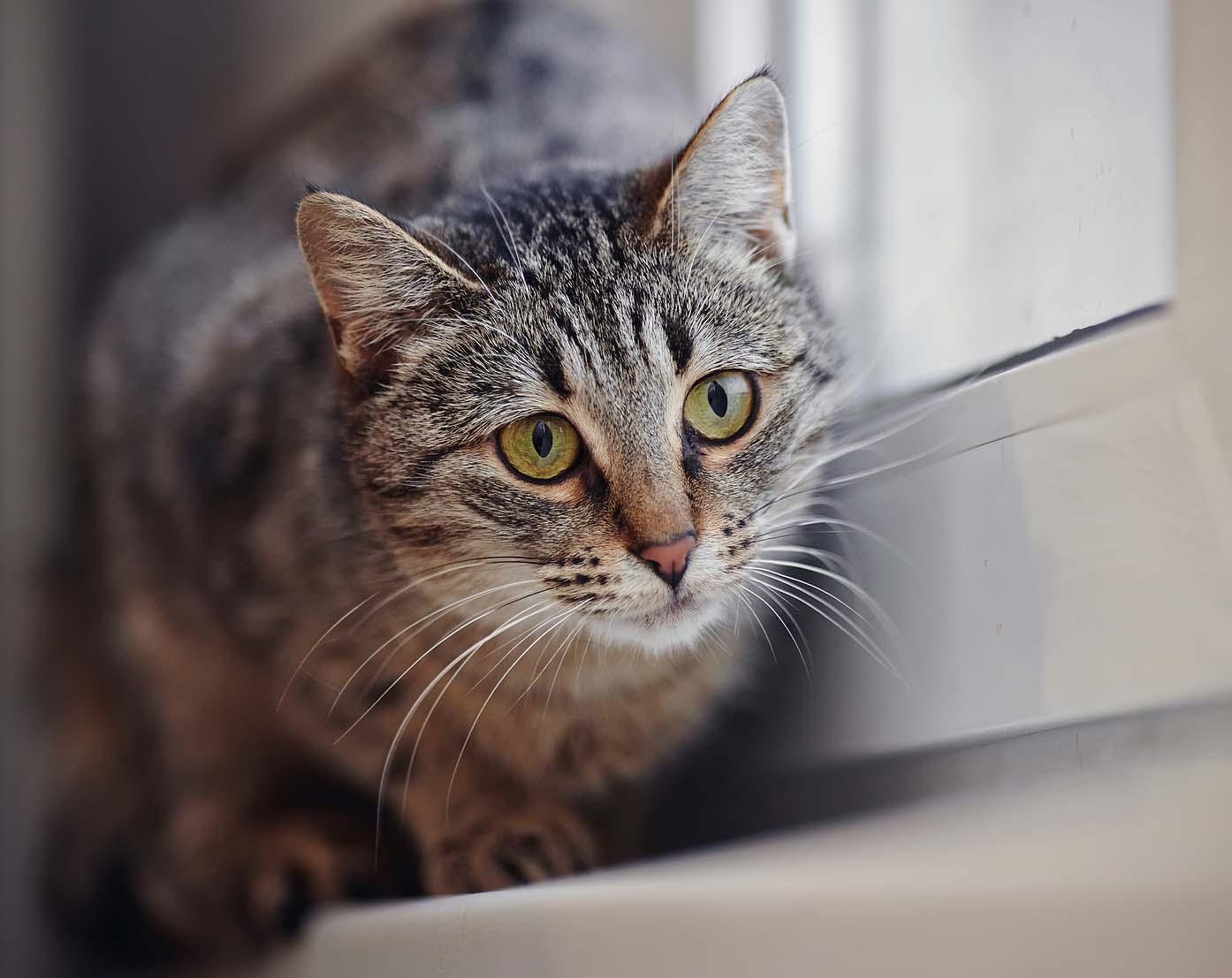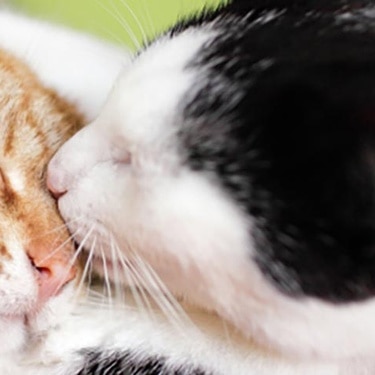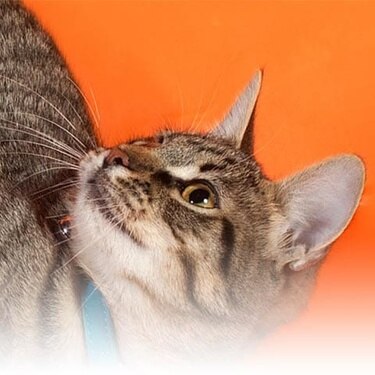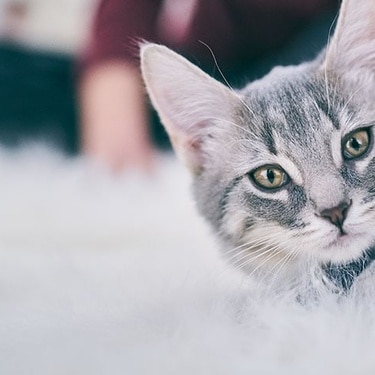
-
Find the right food for your petTake this quiz to see which food may be the best for your furry friend.Find the right food for your petTake this quiz to see which food may be the best for your furry friend.Health CategoryFeatured products
 Healthy Mobility Large Breed Chicken Meal, Barley & Brown Rice Recipe Dog Food
Healthy Mobility Large Breed Chicken Meal, Barley & Brown Rice Recipe Dog FoodAdvanced nutrition shown to support joint health and improve mobility
Shop Now Adult Perfect Weight & Joint Support Chicken & Brown Rice Recipe Dog Food
Adult Perfect Weight & Joint Support Chicken & Brown Rice Recipe Dog FoodThis weight management and mobility support dog food was created with Hill’s unique understanding of the biology of overweight dogs.
Shop Now Adult 6+ Large Breed Chicken Meal, Barley & Rice Recipe Dog Food
Adult 6+ Large Breed Chicken Meal, Barley & Rice Recipe Dog FoodSupports energy level, joint health, and beautiful coat in large breed mature dogs
Shop NowFeatured products Adult Perfect Weight Salmon & Vegetable
Adult Perfect Weight Salmon & VegetableOver 70% of cats lost weight within 10 weeks when fed this nutrition
Shop Now Kitten with Salmon
Kitten with SalmonPrecisely balanced nutrition with the delicious taste of minced salmon to help build immunity and a healthy digestive system
Shop Now Adult Indoor Savory Chicken Entrée Cat Food
Adult Indoor Savory Chicken Entrée Cat FoodPrecisely balanced nutrition for indoor cats with the delicious taste of savory minced chicken
Shop Now -
DogCat
- Cat Tips & Articles
-
Health Category
- Weight
- Skin & Food Sensitivities
- Urinary
- Digestive
- Kidney
- Dental
- Serious Illness
-
Life Stage
- Kitten Nutrition
- Adult Nutrition
Featured articles Pet Food Storage Tips
Pet Food Storage TipsWhere you store your cat and dog food can make a big difference in the quality and freshness once it is opened. Here are some common questions and recommendations for optimal storage for all of Hill’s dry and canned cat and dog food.
Read More The Right Diet For Your Pet
The Right Diet For Your PetLearn what to look for in healthy pet food & nutrition, including ingredients, quality of the manufacturer, your pet's age, and any special needs they have.
Read More Water
WaterWater is the most important nutrient of all and essential for life. Animals can lose almost all their fat and half their protein and still survive, but if they lose 15% of their water, it will mean death.
Read More -


Your cat has offered you countless hours of love, laughs and companionship over the years. Now that she's getting older, it's time for you to repay all her unconditional love with extra attention and care to guarantee that her senior years are happy ones.
Senior Cat Signs
Some cats begin showing age-related physical signs as early as age seven, while others are still friskier than kittens at ten. A general rule of thumb is that a cat is classified as "senior" if she's over 11 years of age.
As the parent of an aging cat, you'll want to watch for changes in behavior that could signify an underlying problem. Here are five common age-related symptoms and conditions you might see in an older kitty:

- Sleeping all the time...or not at all: While slowing down as a cat ages is normal, if you notice your cat is sleeping all the time or more deeply than normal it might indicate a more serious health problem. Conversely, cats that are more active at night and not sleeping as much, might be experiencing age-related changes. The Tree House Humane Society in Chicago also notes that an older cat that suddenly seems to have much more energy might be suffering from hyperthyroidism. Talk to your vet if you have any concerns about her overall health.
- Confusion: If your cat is getting confused by ordinary tasks or objects she is used to navigating like finding her bed she may be reaching her golden years. This can also be a sign of a larger cognitive issues, so you should consult your vet if you notice this type of behavior.
- Having trouble climbing stairs or jumping: Arthritis is common in older cats. While your cat might not limp or show other obvious signs of painful joints, you might notice she has more difficulty than she used to jumping into a litter box, climbing stairs or jumping on furniture.
- Unintentional weight loss or weight gain: In an older cat, weight loss can be a sign of any number of problems, from heart and kidney disease to diabetes, notes the University of Illinois School of Veterinary Medicine. Some pets' food and energy needs can increase as they move from adult to senior cats, and they may lose weight faster than they can eat to catch up. On the opposite side of the spectrum, as cats age, their metabolism slows down so they don't need as many calories as they used to. If you notice your cat is starting to pack on the pounds, it might be time to transition to a senior cat food that is better equipped to meet her biological needs.
- Behavioral changes: Is your cat having accidents when she never did before? Is she avoiding human interaction? These can be signs of a cat in kidney failure, a cat in pain, or a cat that is mentally confused — health conditions that are more prevalent in senior aged cats. Your veterinarian can help you get to the bottom of your cat's behavioral changes.
- Matted or oily fur: A cat that has stopped self-grooming could be in pain because of arthritis or dental issues.
Older cats should see a vet every six months. But if you notice any change in your cat's behavior or appearance you should never hesitate to call sooner. A vet, after all, will be familiar with all the signs of aging in cats.


Tasty Tips
Caring for Your Golden Girl
You can also take some easy steps at home to improve your cat's quality of life in her senior years:
- Choose a high-quality food made for senior cats: Youthful Vitality 7+ Cat Food, for instance, is specially formulated to support brain function, energy and vitality, healthy kidneys and bladder, healthy digestive system and luxiurious fur.
- Give her a warm place to rest: Especially if she suffers from arthritis, she'll appreciate you moving her bed from a drafty area.
- Think easy access: Give her a litter box, water bowl, and food bowl on every floor of your house. If she seems to be having trouble climbing into the litter box, find one with lower sides or even try an old cookie sheet.
- Help her groom: Many people rarely brush their cats because they are such good self-groomers. But as your cat ages, brushing your cat serves a dual-purpose of acting as a bonding activity and keeping her coat healthy when she can no longer do it alone.
- Continue to Exercise Her: Here are some easy ways to keep your senior cat moving.
It's important to remember that aging is not a disease. Cornell University's Feline Health Center notes that aging is a natural process, and the body — whether human or feline — goes through many complex physical changes as the years progress. But even though some of your cat's conditions might not be easily cured, they can likely be controlled. Help your cat enjoy her senior years by making sure she has access to vet care and that she has plenty of love and attention at home.


Kara Murphy is a freelance writer and pet parent who lives in Erie, Pa. She has a goldendoodle named Maddie.
Related products

Precisely balanced nutrition with the delicious taste of minced salmon to help build immunity and a healthy digestive system

Precisely balanced nutrition for indoor cats with the delicious taste of savory minced chicken

Over 70% of cats lost weight within 10 weeks when fed this nutrition

Over 70% of cats lost weight within 10 weeks when fed this nutrition
Related articles

Being overweight puts a cat at risk for developing many serious health issues. Weight gain indicates an increase in body fat and usually results when your cat eats too much and exercises too little.

Get helpful information on proper feline oral healthcare and why it's so vital to take care of your cat's teeth.

As a responsible pet owner you owe it to yourself and your cat to understand problems associated with overweight cats.

HillsPet Nutrition provides information on proper nutrition, fitness and special needs in keeping your cat healthy and happy.

Put your cat on a diet without them knowing
Our low calorie formula helps you control your cat's weight. It's packed with high-quality protein for building lean muscles, and made with purposeful ingredients for a flavorful, nutritious meal. Clinically proven antioxidants, Vitamin C+E, help promote a healthy immune system.
Put your cat on a diet without them knowing
Our low calorie formula helps you control your cat's weight. It's packed with high-quality protein for building lean muscles, and made with purposeful ingredients for a flavorful, nutritious meal. Clinically proven antioxidants, Vitamin C+E, help promote a healthy immune system.

